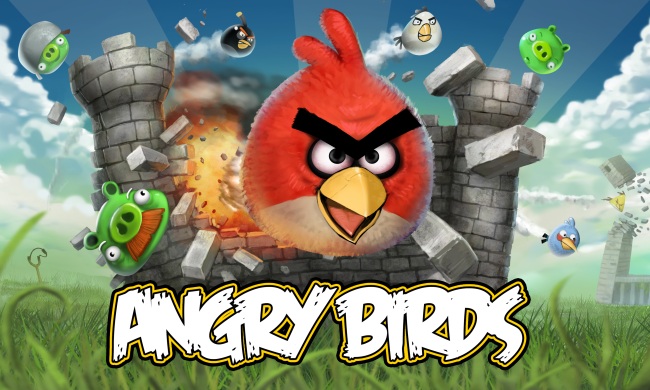I’ll never forget the moment, years ago, when I mentally “picked” a flower while walking into a Blockbuster Video. I glanced at their sidewalk planter, which had a number of beautiful pink and purple flowers in it, and I swear I saw a hand icon in my vision and heard the schink-schink noise of flower picking. I wondered if it would help me make an invisibility potion or just give me another worthless restore fatigue reagent. I had, to the best of my recollection, played at least 50 hours of Elder Scrolls Oblivion that week (it was Spring Break, I swear…). I’ve told that story before, and always sheepishly: I didn’t get behind in my work or neglect any responsibilities, nonetheless it sounds shameful to freely admit to having spent so much time simply “playing”. A Greek chorus born from years of cultural texts admonishes me:
“Why do you waste so much time?”
“Don’t you have something better to do?”
“Grown-ups don’t do that”
And so on…
Because, in a very real way, it’s seen as shameful to play too much as an adult, isn’t it? It’s shameful for the experiences and systems you learn in play to be carried over into your “real” life (as if the experiences inside a game were somehow fake, as if you weren’t experiencing anything when you sat down to play a game). Sometimes we can mitigate the shamefulness of play—we can make it serious or productive, we can demonstrate tangible benefit from it or artistic merit to it. Serious games balance the lightness and unimportance of play by attaching it to a higher purpose or cause. Health and Sports games counteract the childishness of play by yoking them to physical benefit. Games like Journey bring the weight of artistry to anchor the silliness of play.
Sometimes I joke about my real life stats- the Ph.D clearly signals high Int (analysis and learned knowledge). I’m fairly social/good at networking, so that’s probably Charisma. But, lord- I broke, sprained, bruised, or strained just about anything you could as a kid, and I didn’t even play sports! Dex is definitely my dump stat. I don’t really get sick all that much, so I’m probably slightly better than average on Con, average on common sense/Wis, and perhaps slightly below average on Str. My Perform: Stringed Instrument (Harp) is probably decent enough to net me at least a sweet 1d10 sp/day, and with the right crowd on a really lucky day I could probably bump that all the way up to 1d6 gp/day (assuming I didn’t crit fail walking to the stage >.>). I enjoy the Paladin class in WoW because rebuke and avenging wrath are totally among my real life skills, as is divine retribution. Atonement not so much, but what can you do?
Jen so graciously mentioned my conference game here, and the negative response it got from some members of our academic community. While I suppose I’ll never really understand their complaints, I truly believe it comes down to the deep mistrust of frivolous, silly play. If serious, studious, and industrious are our god terms, our highest values (values that are followed only shortly behind by busy and productive), it seems clear that many people would reject play as being the very antithesis of how a “proper” person should spend her time. It’s a critique we see hurled at all kinds of games, from World of Warcraft to Candy Crush– it’s silly, it’s wasteful, it’s not really worth your time. As I mentioned two weeks ago, few people want to claim the label of hardcore gamer, in part because they refrain from admitting to the time commitment that such involved play entails.
Well, I’d like to make an argument here for the value of arbitrary, silly, frivolous play. Sure, play can be about learning, or it can be about persuasion, or health, or art, or any other from a number of lofty goals, and we absolutely can (and must) do the important work of unpacking, analyzing, and critiquing. Play can do all those things or help us do all those things in spades. Play should sometimes do all those things. But play can also be joyful, relaxing, entertaining, arbitrary, and musing. And those things are ok, too. It’s ok for play to just be play, not always in service of some higher goal or ideal. It’s ok for us, as people, to simply enjoy play and not always work to justify it as a more “legitimate” pursuit.
This post was written toward Critical Distance’s March Blogs of the Roundtable prompt on Extended Play. Check out some of the other pieces here.




